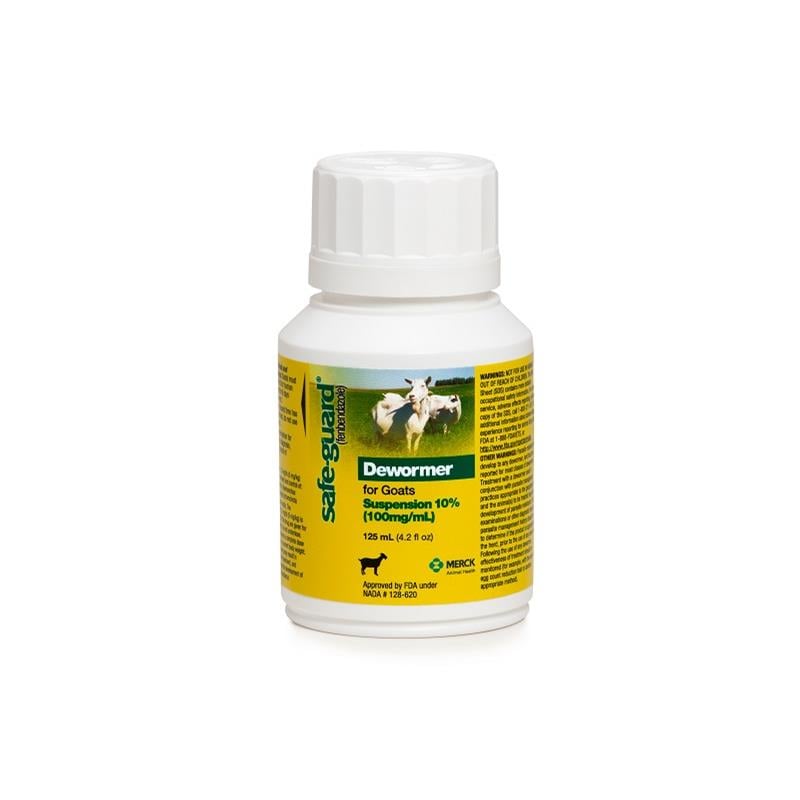- Dec 29, 2013
- 80
- 0
- 39
Hello
I'm new to raising chickens. I have one hen and one rooster. The last couple of days I have noticed that my hen's poop is white and runny. She is eating properly and continues to be friendly and curious and still growing. I don't think I have ever recalled her pooping like that and I have her for about 5-6 months (she is between 6-7 months). However she does spend all her time outside so I don't watch over her all the time. I just wanted to know is this normal? What's causing her to body to do that? And how can I treat it if I need to?
Thank you.
I really appreciate people's input
I'm new to raising chickens. I have one hen and one rooster. The last couple of days I have noticed that my hen's poop is white and runny. She is eating properly and continues to be friendly and curious and still growing. I don't think I have ever recalled her pooping like that and I have her for about 5-6 months (she is between 6-7 months). However she does spend all her time outside so I don't watch over her all the time. I just wanted to know is this normal? What's causing her to body to do that? And how can I treat it if I need to?
Thank you.
I really appreciate people's input



